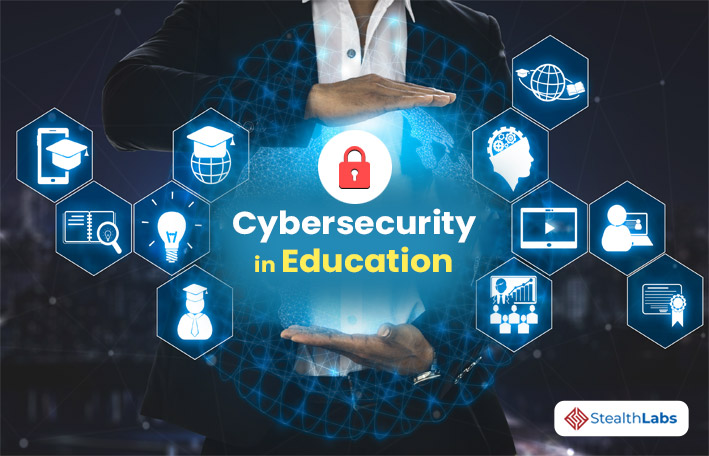Due to the digitalisation of education institutions, cybersecurity awareness needs to be made a priority for the institutions. In recent times cybersecurity has become a worry for businesses globally. Large companies are not the only targets for cyber criminals, education institutions are also targeted due to the vast amounts of data that they collect.
Common cybersecurity threats in Education Institutions
Hackers use different methods to potentially breach academic institutions. These include:
Ransomware. This is a malicious software that is designed to deny a user in an organization access to files on their computer. Ransomware will encrypt your files and cyber criminals will demand payment in exchange for the access to these files.
Phishing is one of the most common forms of cyber-attacks. This is when cyber criminals send fraudulent messages to trick users into clicking a bad link that will either download malware on the user’s computer or direct the user to a dodgy website. The messages usually are in the form of promotions whereby you are encouraged to click a link to access good deals from a known brand.
Data breaches occur when an unauthorized individual gets access to information not available to the general public. Education institutions collect personal data such as dates of birth, banking information, national identification numbers and medical information. This data is usually protected and stored by education institutions.
Data breaches have potential risks such as identity theft, discrimination due to the leaks and reputational damage for the entity faced with a data breach.
Limited budgets are a contributing factor to the rise of cyber attacks for education institutions. Protection from cyber criminals requires better technologies to combat malicious attacks. The technology required may not achievable for institutions with a small budget.
How can institutions protect themselves from cyber criminals?
Regular training to everyone with access to a computer should be a priority to every institution. Users can be taught on how to identify suspicious emails and how to report them. Institutions should invest in cyber security training for staff by paying for some cyber security courses.
Encourage users to use multi factor authentication when logging in to school computers in order to add another level of protection.
Regularly update the security software installed so as to ensure your computer networks and systems are protected from many basic cyber-attacks. A cyber security expert should regularly check on the institutions systems to ensure they are up to standard.
Conclusion
Cyber attacks can happen to anyone, criminals are always trying to find new ways to target internet users. Conversations on cyber security and awareness are important and necessary for efficient cyber hygiene practices. KeNIC will have a webinar on Educating youth for a cybersecurity future happening on 29th November from 10.00am-11.30am.
Register for our webinar at https://bit.ly/3hFkGig
